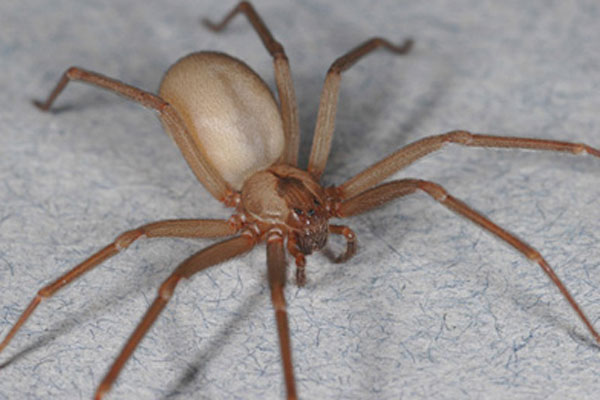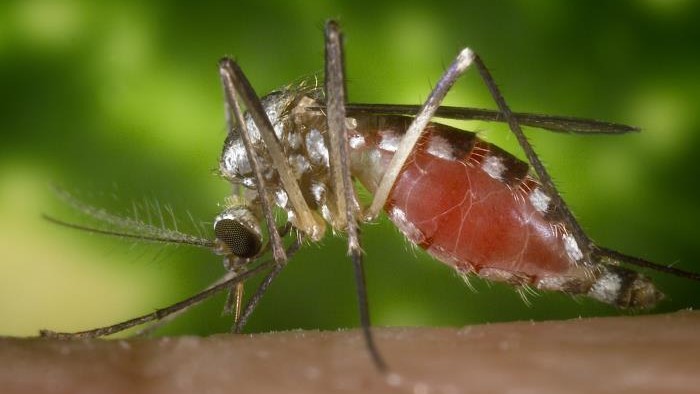Brown Recluse Spider Bite: Rare-Disease Drug Could Thwart Deadly Toxins

A drug that treats rare blood diseases may also help people bitten by the poisonous brown recluse spider, who develop a life-threatening loss of blood cells, a new study finds.
The venom of the brown recluse spider can result in an open wound several inches wide. Most people recover, but a minority of patients, usually children, develop a severe immune reaction in which red blood cells burst and dissolve into the plasma, causing a dangerous drop in blood cell counts. If the drop is too rapid or prolonged, the patient may die.
In the study, the researchers mixed samples of human blood with the spider's venom, and then treated the samples with a drug called eculizumab, which works by inhibiting a part of the immune system called the complement system.
The results showed that the drug reduced the destruction of blood cells by about 80 percent, according to the study, published in the journal PLOS ONE in September.
Future studies are needed to learn whether the lab results would hold up if the drug were given to patients, the researchers said.
The brown recluse spider is most commonly found in the southern and central United States. Its toxin appears to activate the complement system, which forms a group of proteins that sit on cells and destroy them by poking holes in their membranes. [11 Surprising Facts About the Immune System]
"The toxin does something to the red blood cells that activates the complement system and destroys the blood cells," said study researcher, Dr. Pampee Young, an associate professor of pathology, microbiology and immunology, and medical director of Transfusion Medicine at Vanderbilt University in Nashville, Tenn.
Sign up for the Live Science daily newsletter now
Get the world’s most fascinating discoveries delivered straight to your inbox.
"In Nashville, we are an endemic area for the bite," Young told LiveScience. "We get about 30 cases of spider bite every year. Most patients show a slight drop in blood counts, but one or two show a dramatic drop."
Currently, there's no cure for brown-recluse-spider bites. People who show a severe reaction are treated with supportive care, such as blood transfusions. Patient's reactions to the bite are unpredictable, and they can quickly become very sick and difficult to manage.
The drug, although expensive, is relatively safe and has few side effects, Young said. It was approved by the Food and Drug Administration in 2007 to treat people with a rare type of anemia called paroxysmal nocturnal hemoglobinuria, in which a person's complement system begins to destroy their own red blood cells, and in 2011, it was approved to treat a condition called atypical hemolytic-uremic syndrome (aHUS), another condition in which red blood cells are destroyed.
Two years ago, the researchers treated a 3-year-old girl who came to the hospital after being bitten by a spider several days prior. Although she initially seemed relatively stable and her blood results were not greatly alarming, she died from a rapid loss of blood cells within an hour, Young said.
"Since that child died, we monitor blood counts every 30 minutes to see who is having a rapid drop," she said.
The majority of patients who develop a severe immune reaction to the brown recluse venom are children. Previous studies have shown that a person's reaction to a brown-recluse-spider bite varies depending on the amount of venom injected.
It could be that the smaller blood volume in children makes them more vulnerable to the spider's toxin, the researchers said. [Related: Girl's Brown Recluse Spider Bite Turns into Open Wound]
It is also possible that children are more susceptible to diseases that involve the complement system, Young said.
Email Bahar Gholipour. Follow LiveScience @livescience, Facebook & Google+. Original article on Live Science.

La Crosse virus disease: The rare mosquito-borne illness that causes deadly brain inflammation
Parasitic worm raises risk of cervical cancer, study finds










